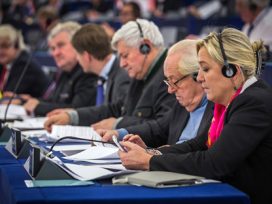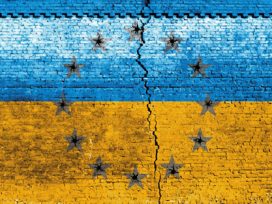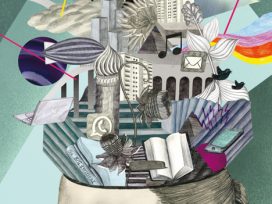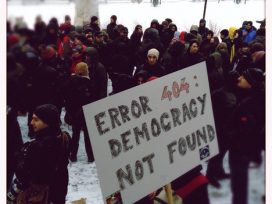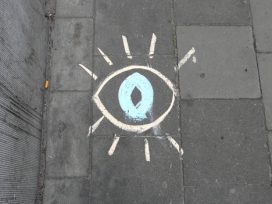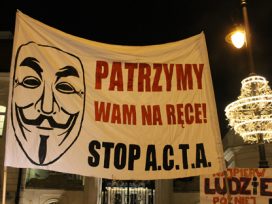
Fanatical counter-histories
A conversation with Alberto Toscano
The philosopher Alberto Toscano visited Bergen on 29 November 2014 to participate in the seminar “Fanaticism, Extremism, Radicalism”, organized by the research group Radical Philosophy and Literature at the University of Bergen. Toscano also took part in an event at the Literature House in Bergen, where he was interviewed by Gisle Selnes, professor in Comparative Literature at UiB. This interview is an edited version of their conversation and was first printed as part of a dossier on fanaticism in the Norwegian magazine Vagant’s first issue of 2015.


